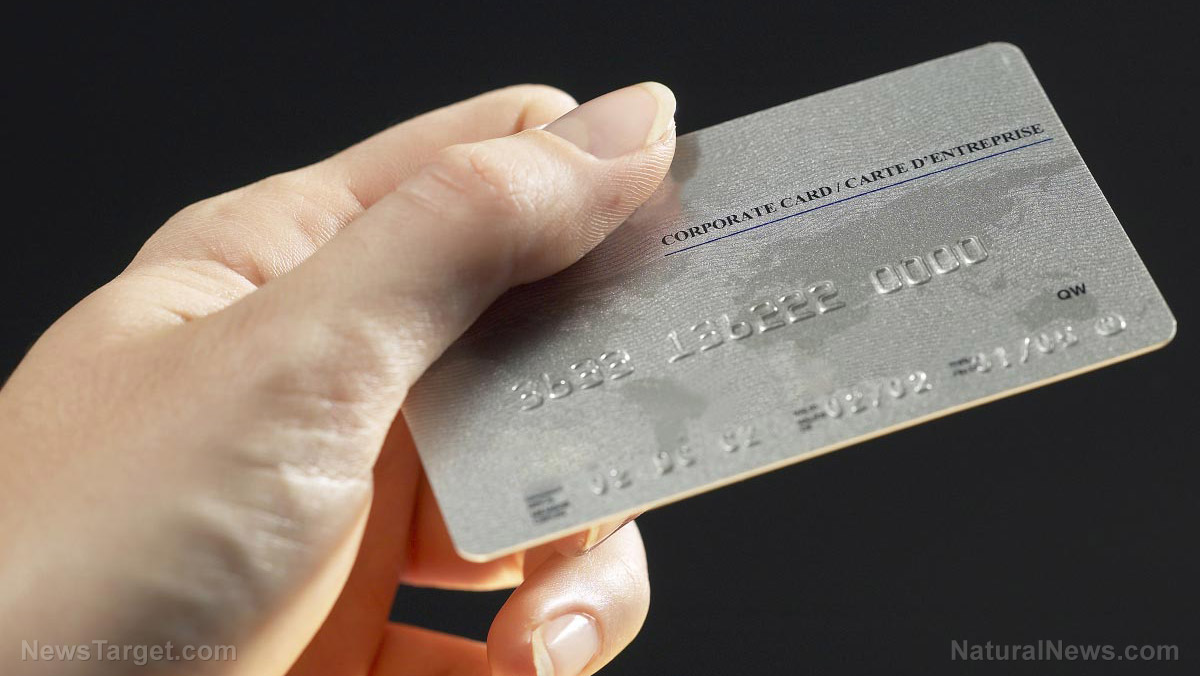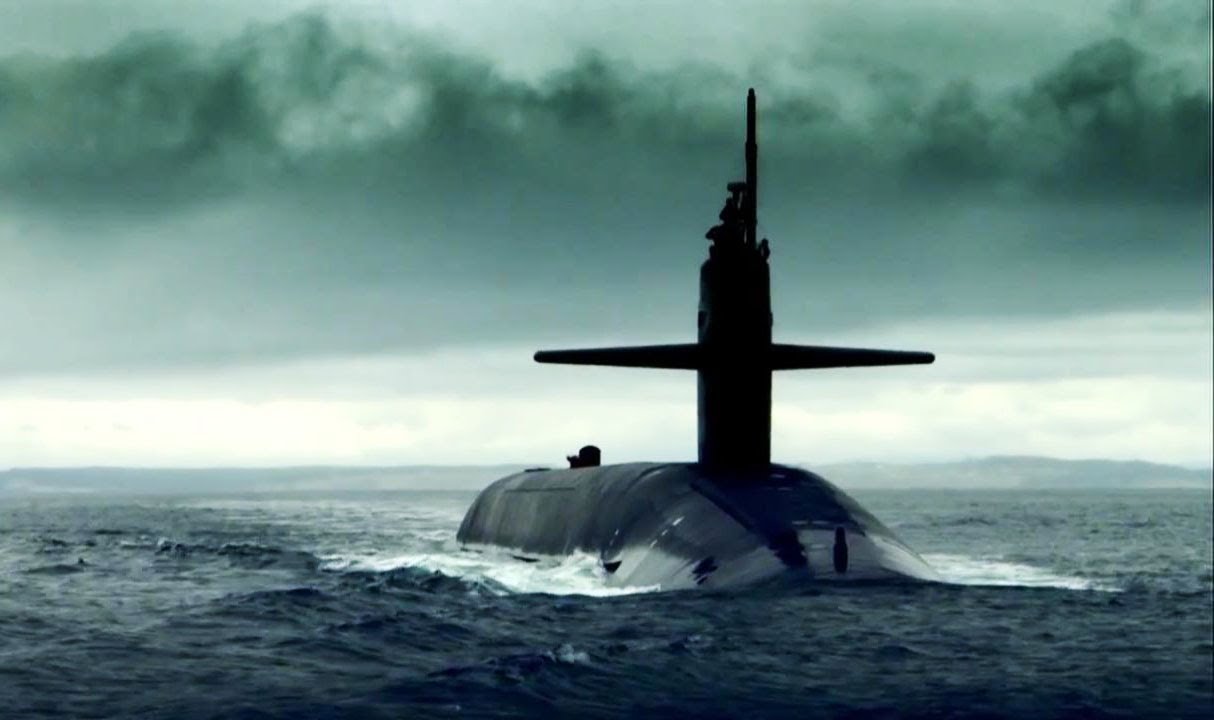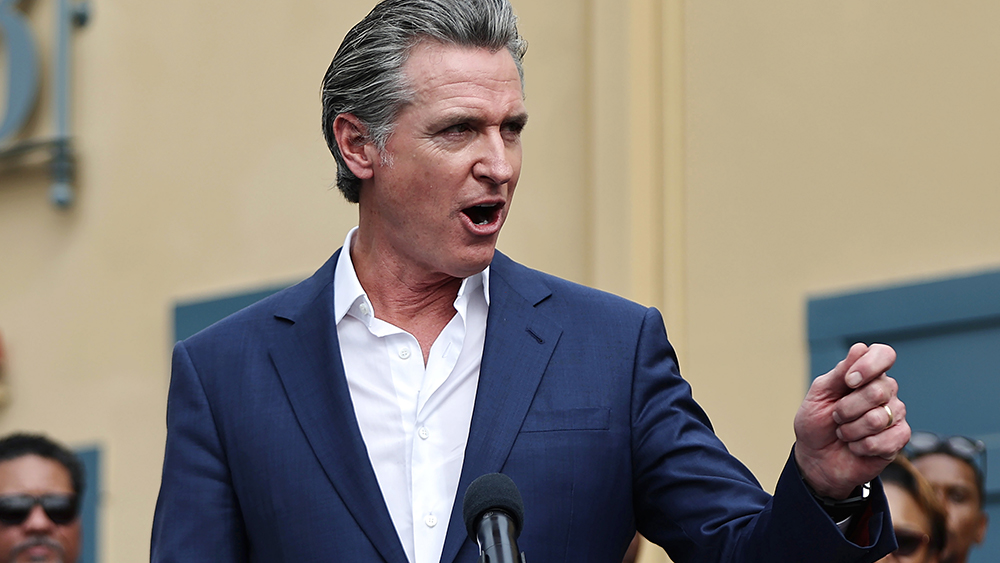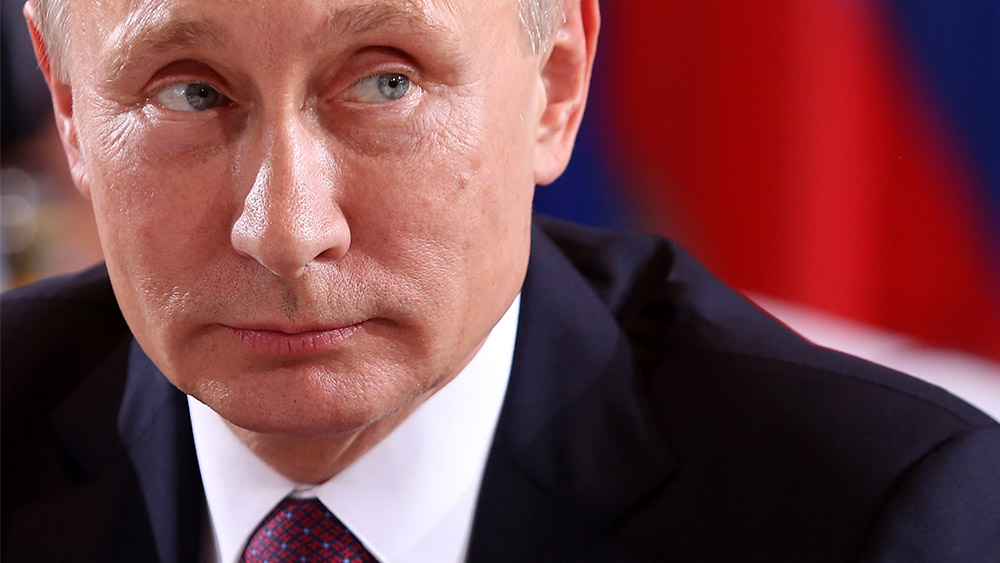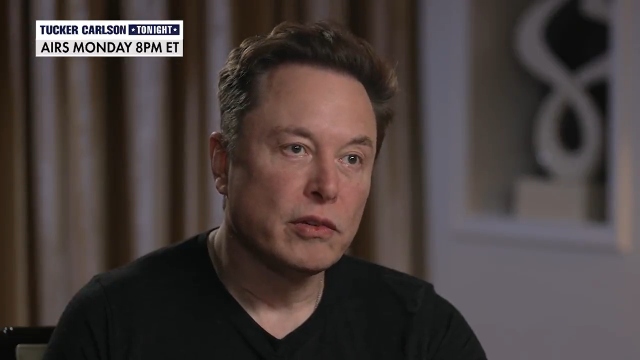CBO: Trump tariff plan to slash deficits by $2.8 trillion over a decade
06/12/2025 / By Laura Harris
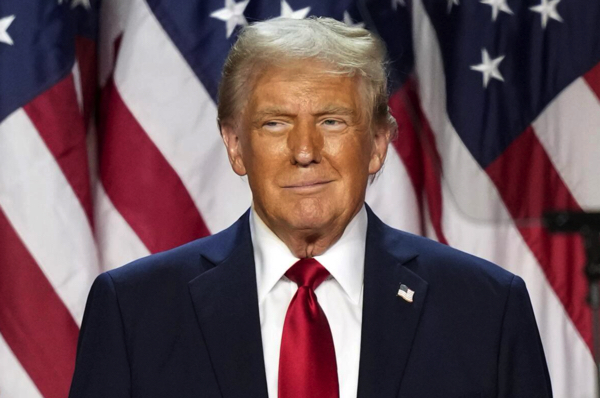
- President Donald Trump’s 2025 tariff policy is projected to reduce the federal deficit by $2.8 trillion over the next decade, rising to $3 trillion when including lower borrowing costs.
- The CBO expects a modest economic trade-off – real GDP would be 0.6 percent lower by 2035 and inflation would rise temporarily by 0.4 percentage points in 2025 and 2026.
- A universal 10 percent import tariff would cut the deficit by $2.2 trillion, while a 60 percent tariff on Chinese imports would reduce it by $0.8 trillion. The combined scenario offers the largest impact with a $2.9 trillion reduction.
- While the tariffs could disrupt trade and raise short-term prices, the CBO concludes that the long-term fiscal gains outweigh these effects, assuming the tariffs remain in place.
- The CBO warns that exemptions, reversals, foreign retaliation and shifts in consumer and business behavior could reduce expected revenue and alter the policy’s fiscal impact.
A new Congressional Budget Office (CBO) analysis has revealed that the new tariff policy of President Donald Trump is expected to slash U.S. federal deficits by $2.8 trillion over the next decade.
The report, titled 61389 Tariff Effects and released on June 4, evaluates the economic impact of broad tariffs imposed between January and May 2025 and projects their financial consequences through 2035. According to the CBO, the revenue generated from import duties will far outweigh modest economic slowdowns and a brief spike in inflation.
In total, the CBO says the policy will result in a gross deficit reduction of $3 trillion when including $500 billion in lowered federal borrowing costs due to improved fiscal positioning.
The CBO projects that real GDP will be 0.6 percent lower by 2035 than it would have been without the tariffs. Inflation is expected to increase by 0.4 percentage points in both 2025 and 2026 before returning to baseline levels. (Related: Trump’s tariffs will create millions of jobs.)
Still, the agency emphasized that the long-term fiscal benefits outweigh the near-term economic drag. The assumptions are based on the premise that the tariffs remain in place permanently – something the CBO warns is uncertain.
“If such mechanisms [as exemptions or policy reversals] are implemented again, that could substantially reduce the tariff duties collected and thus the change in deficits associated with the policies assessed here,” the agency noted.
The CBO acknowledged the potential for retaliatory tariffs from U.S. trading partners but stated that the value of targeted U.S. exports is likely smaller than the value of imports currently subject to the new duties. Nonetheless, the agency warned of possible business disruptions. The report also highlighted the potential for significant changes in trade behavior. Supply chains may shift and consumers could respond by altering their purchasing habits, potentially affecting long-term revenue from tariffs.
Latest CBO projection aligns with its December 2024 report
The report is consistent with earlier CBO projections from December 2024, which evaluated the impact of a universal 10 percent tariff combined with a 60 percent tariff on Chinese imports.
In December 2024, shortly after Trump’s presidential victory, CBO projected that his tariff proposals could significantly reduce the federal deficit over the next decade with only modest costs to inflation and economic growth.
The report assessed Trump’s proposed trade policies and concluded that a combination of a universal 10 percent tariff on all imports and a 60 percent tariff on Chinese goods could slash federal deficits by as much as $2.9 trillion through 2034. That would amount to a 13 percent reduction in the CBO’s projected $22.1 trillion cumulative deficit over the same period.
While the tariffs are expected to raise prices and slow growth slightly, the CBO described the economic trade-offs as relatively mild. Inflation, as measured by the Federal Reserve’s preferred Personal Consumption Expenditures (PCE) index, would rise by about one percentage point over the next two years before stabilizing. Economic output would shrink by just 0.6 percent over 10 years under the most aggressive scenario.
The CBO analyzed three distinct trade policy scenarios to assess the potential fiscal and economic impacts of Trump’s proposed tariffs. Under a universal 10 percent import tariff, the federal deficit would be reduced by $2.2 trillion over the next decade. This scenario would also lead to a 0.6 percentage point increase in inflation through 2026 and a 0.3 percent decline in GDP growth over ten years. A 60 percent tariff on Chinese imports alone would yield a smaller deficit reduction of $0.8 trillion, with inflation rising by 0.4 percentage points and GDP growth falling by 0.3 percent.
These projections suggest that the revenue boost from import duties would outweigh any reduction in tax revenues caused by slower economic growth – at least in fiscal terms.
Watch the full episode of the “Health Ranger Report” with Mike Adams, the Health Ranger, and Chris Sullivan as they discuss financial survival strategies as global trade flows implode.
This video is from the Health Ranger Report channel on Brighteon.com.
More related stories:
Trump imposes 25% tariffs on auto imports.
Trump imposes new tariffs on agricultural imports.
Canada refuses to lift tariffs despite Trump’s postponement.
Trump’s 50% tariffs on steel and aluminum imports take effect.
Trump to impose major tariffs on foreign-made pharmaceuticals.
Sources include:
Submit a correction >>
Tagged Under:
big government, bubble, CBO, debt bomb, debt collapse, Donald Trump, economy, finance, finance riot, government debt, market crash, money supply, progress, projection, risk, tariff, trade wars, White House
This article may contain statements that reflect the opinion of the author
RECENT NEWS & ARTICLES
COPYRIGHT © 2017 WHITE HOUSE NEWS




